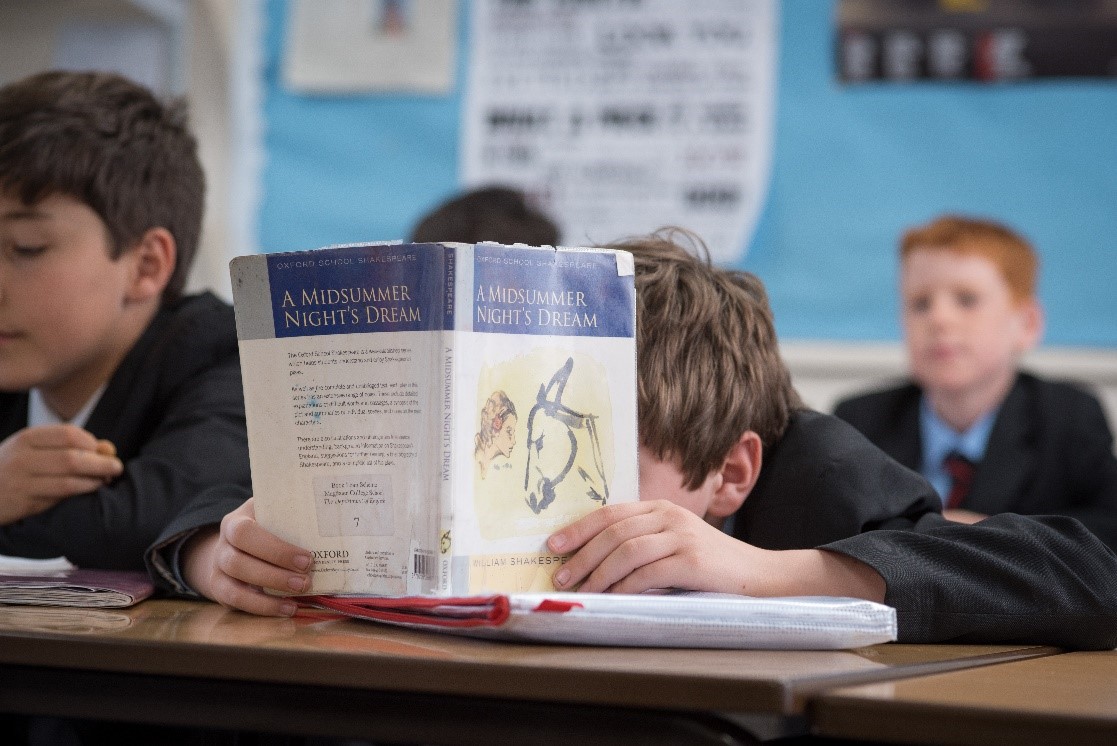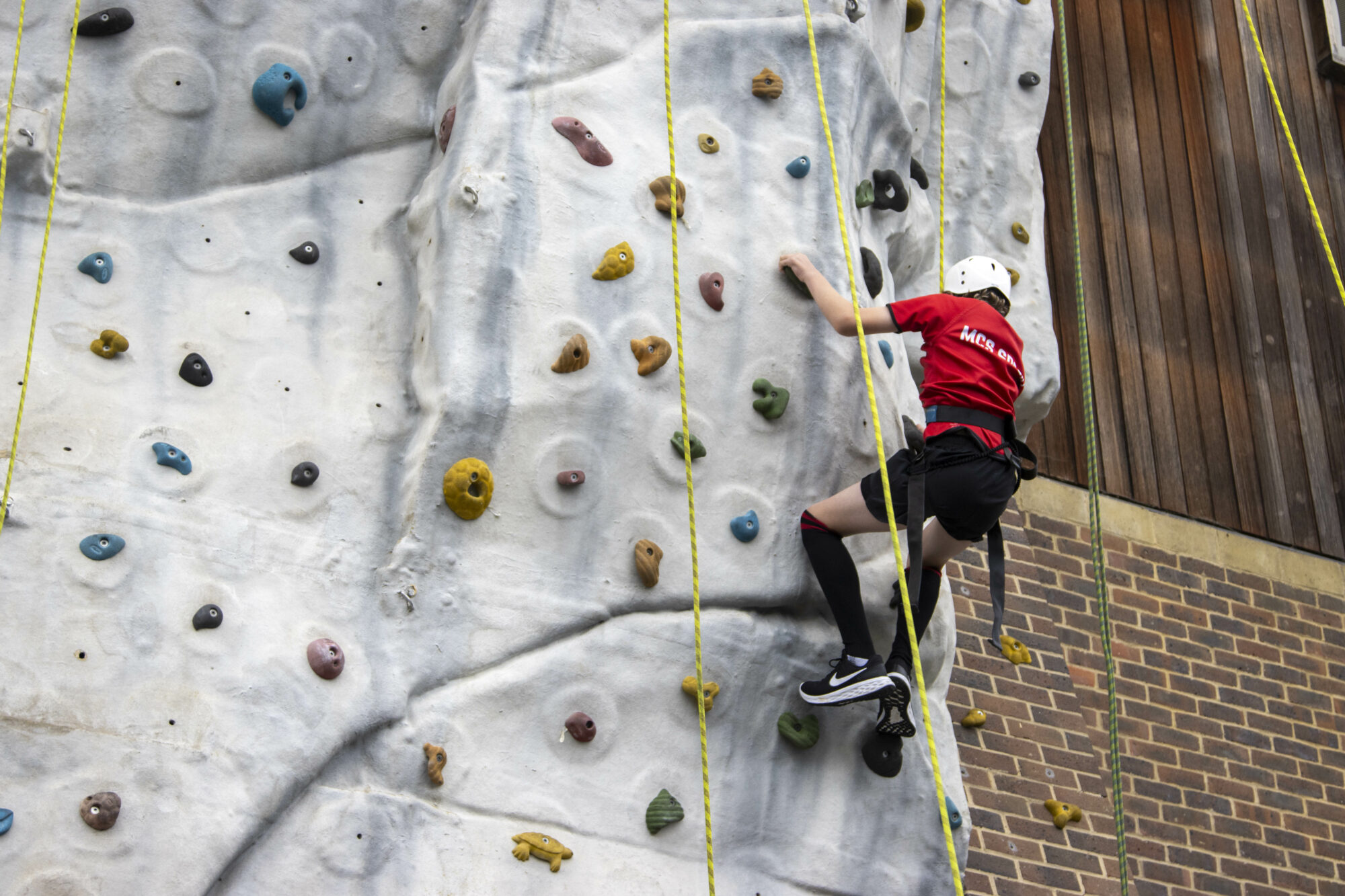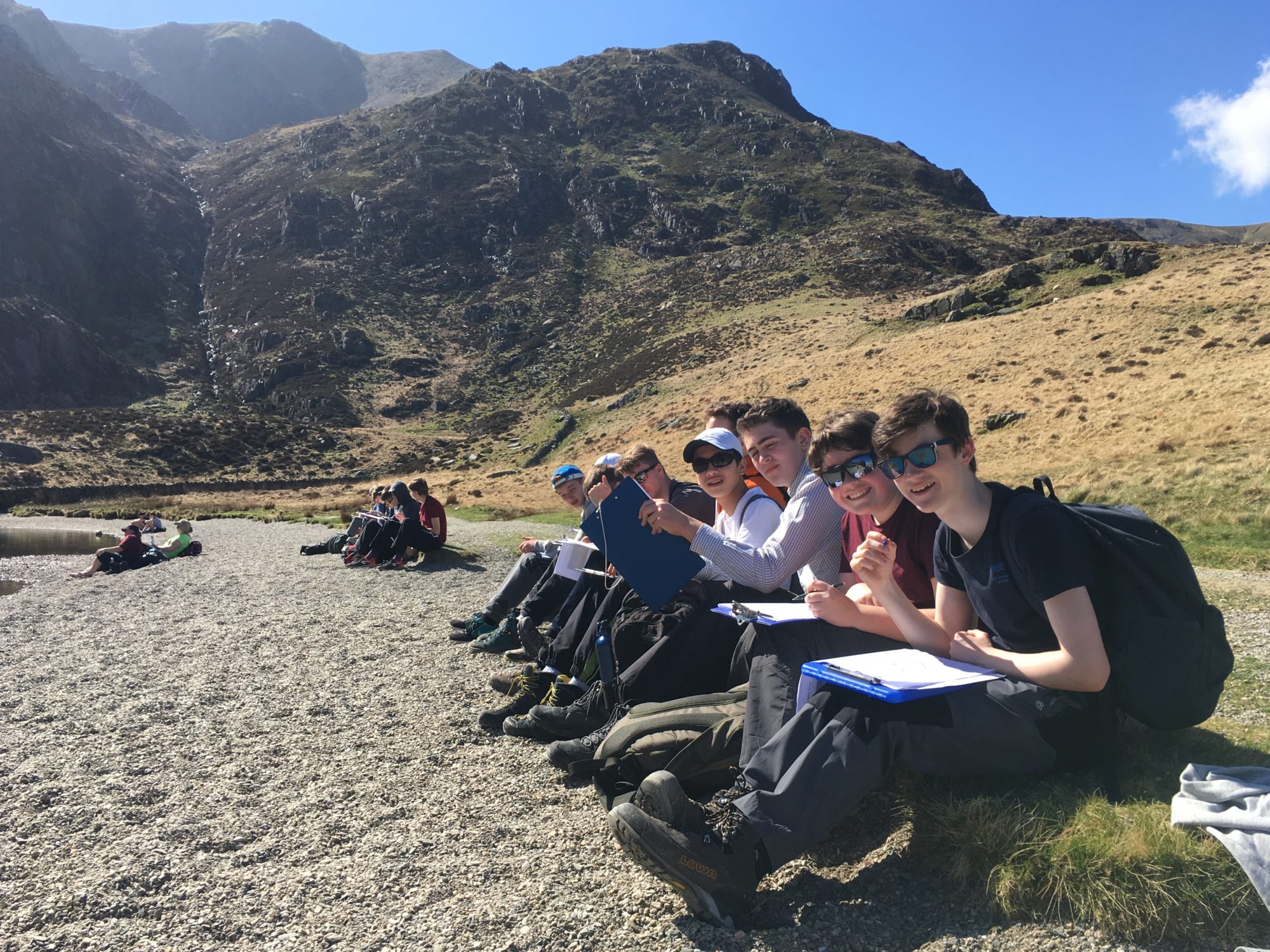Biology
The study of Biology is of huge importance in today’s world, which faces climate change, antibiotic resistance, plastic pollution, spread of new diseases, and food insecurity for the world’s burgeoning population. Alongside these challenges, developments in Biology provide great opportunities, such as the greater applications of DNA technology. Even if pupils do not go on to work in a field directly related to Biology, having a general knowledge of the science behind these issues will help them to be a global citizen.
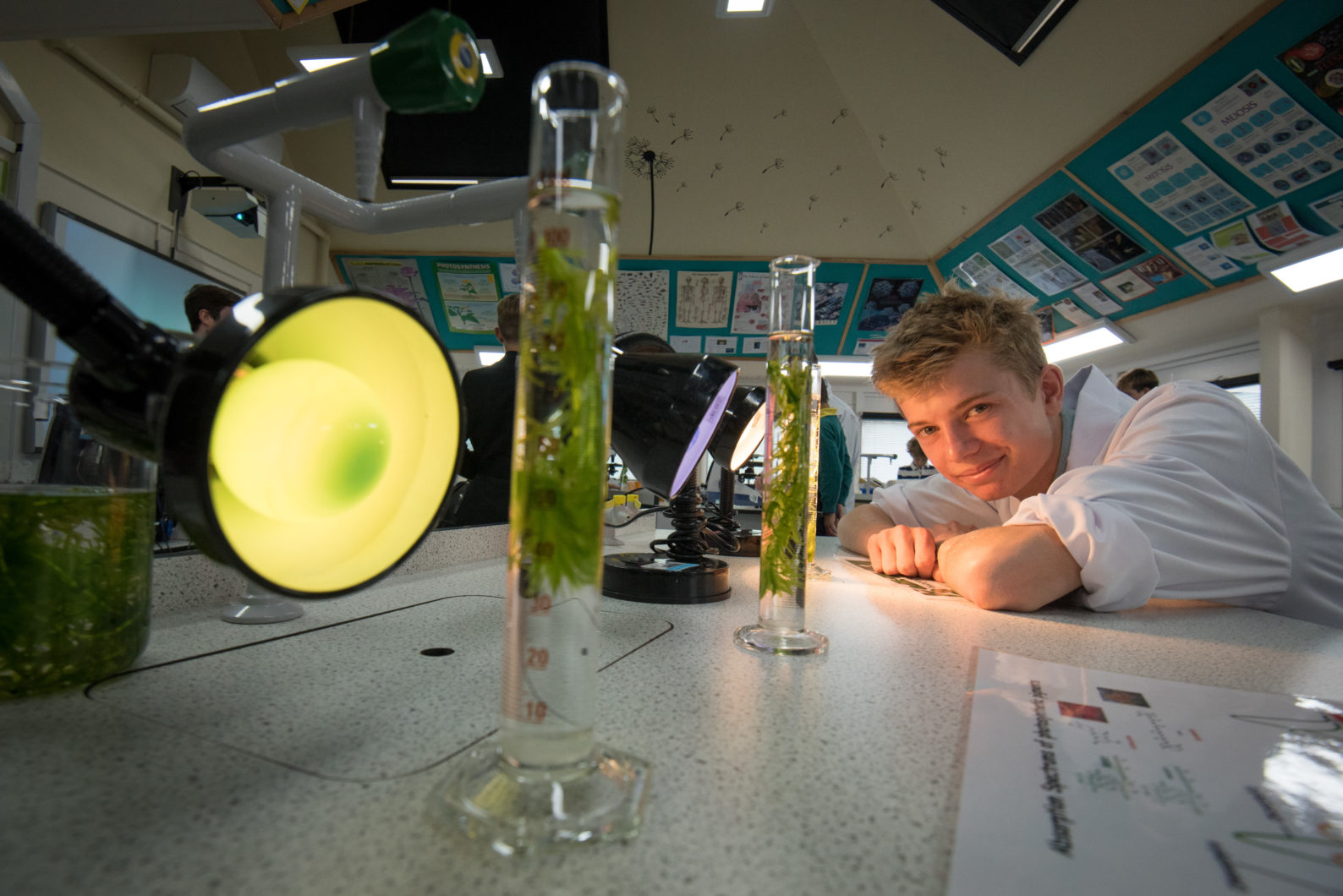
The spirit of the Biology department is one of curiosity and exploration, with an emphasis on academic rigour. Our highly qualified and caring teachers carefully support the progress of all pupils.
Biology lessons at MCS are interesting because of the quality of discussion: pupils will have original ideas, and teachers will be keen to take the discussion beyond the confines of the specification. Advice to pupils: If a question occurs to you when learning about some biological theory, don’t keep it to yourself! Bouncing ideas around and looking at concepts from new angles can enable new connections to be made. Lateral and synoptic thinking is highly prized in our department, because it is the connections between topics that make this subject most exciting. Noticing commonality between living things, and the underlying principles that lay the foundations of biology, helps the pieces of life’s puzzle to connect.
Lower School
Pupils in 2nd and 3rd form are fortunate to study the sciences separately. In Biology, we introduce the key concepts that will underpin further study of the subject, such as microbiology, cells and ecology. We include plenty of practical work to build their skills with microscopes and glassware, and in the Trinity term, they undertake projects which allow them to plan their own experiments and collect data, embedding the use of IT. The 2nd form are taken on a trip to the Oxford University Museum of Natural History to learn about dinosaurs and fossils, and the 3rd form are taken on a trip to the Oxford Botanic Garden to learn about the place of plants in ecosystems.
Middle School
The years of L4th, U4th and 5th form encompass the IGCSE course for all pupils. In L4th, pupils’ study of Biology steps up a gear, with more complex concepts covered, that will provide the foundations for their IGCSE understanding, and many core practicals using enzymes and reagents. The U4th year includes plenty of dissections of organs, and experiments using plants. In the 5th form, a study of genetics provides an intellectual challenge, followed by a supportive revision programme to prepare them well for their exams.
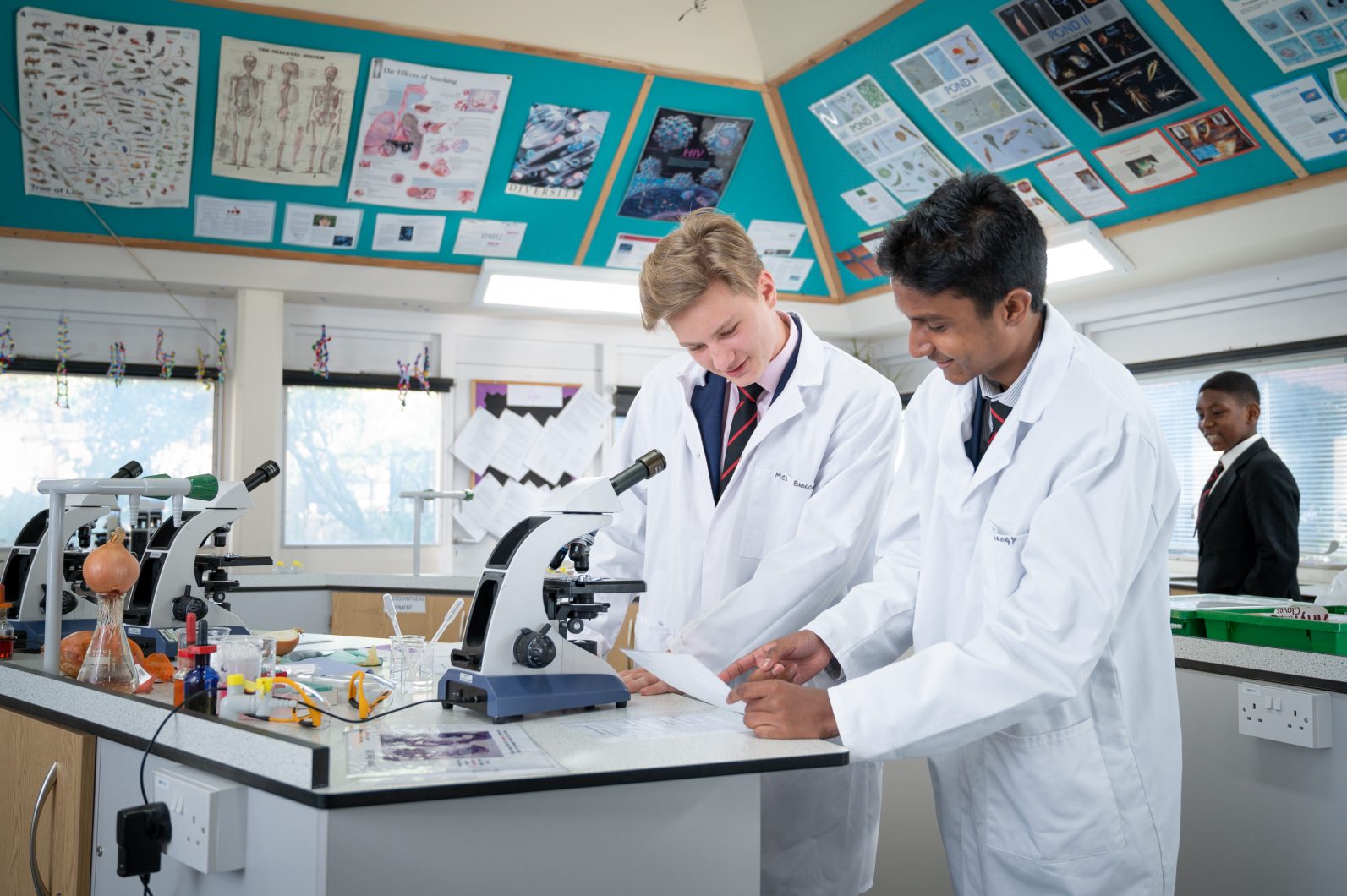
Sixth Form
Biology is a popular A-level subject choice at MCS because it prepares students for entry into a wide variety of university courses. The study of Biology develops the ability to understand complicated processes and concepts, and to apply knowledge to new examples and unfamiliar situations. Pupils are taught how to analyse data through statistical analysis in addition to critical thinking. Pupils practise how to use language in a scientific way, and construct concise arguments. Literacy and numeracy are equally prized. For these reasons, a Biology A-level fits just as well with humanities as it does with other science subjects.
A highlight of the Biology A-level course is the Practical Endorsement, in which pupils build up a portfolio of their practical work throughout the course of the two years, to demonstrate their practical Biology skills. We are fortunate at MCS to have the resources for pupils to carry out most practicals individually, and they are able to plan and undertake a practical project of their choosing to investigate a question of interest at the end of the Lower Sixth. We have a wide variety of practical resources: for example, a lesson could involve dissection, microscopy, working with enzymes, or using colourful reagents. We have biotechnology equipment for PCR and electrophoresis, enabling pupils to carry out DNA profiling.
Refer to the Sixth Form Curriculum guide for a more detailed breakdown of the A-Level biology programme.
Further Inspiration
If you are thinking about studying Biology in the Sixth Form at MCS, you might want to start reading around the subject before you join. Our Study Preparation guides are a useful tool, detailing further reading around key topics.
Biology Study Preparation Guide
Extra-curricular
Biology is a busy department, with many activities happening outside of normal lessons.
- Biology Club is a lunchtime activity aimed at pupils in the lower and middle school, where they can carry out fun practical activities that enrich their understanding of living things and the natural world.
- Biology Society gives sixth form pupils the opportunity to learn how to read journal papers, and discuss developments at the cutting edge of biological research. Waynflete academics work with the department to provide extension, giving pupils the opportunity to talk to someone currently working in research, and we have had a range of visiting speakers that come in to talk about their area of expertise.
- We participate annually in competitions such as Biology Challenge and British Biology Olympiad. Biologists at MCS are amongst the best in the country: in February 2019, our sixth form participated in the British Biology Olympiad and as a school we scored the best results in England.
- We are keen to take our pupils on trips, such as the annual L6th trip to a university to hear a range of lectures from biology researchers who are at the forefront of their field. Watch this space for more trips…
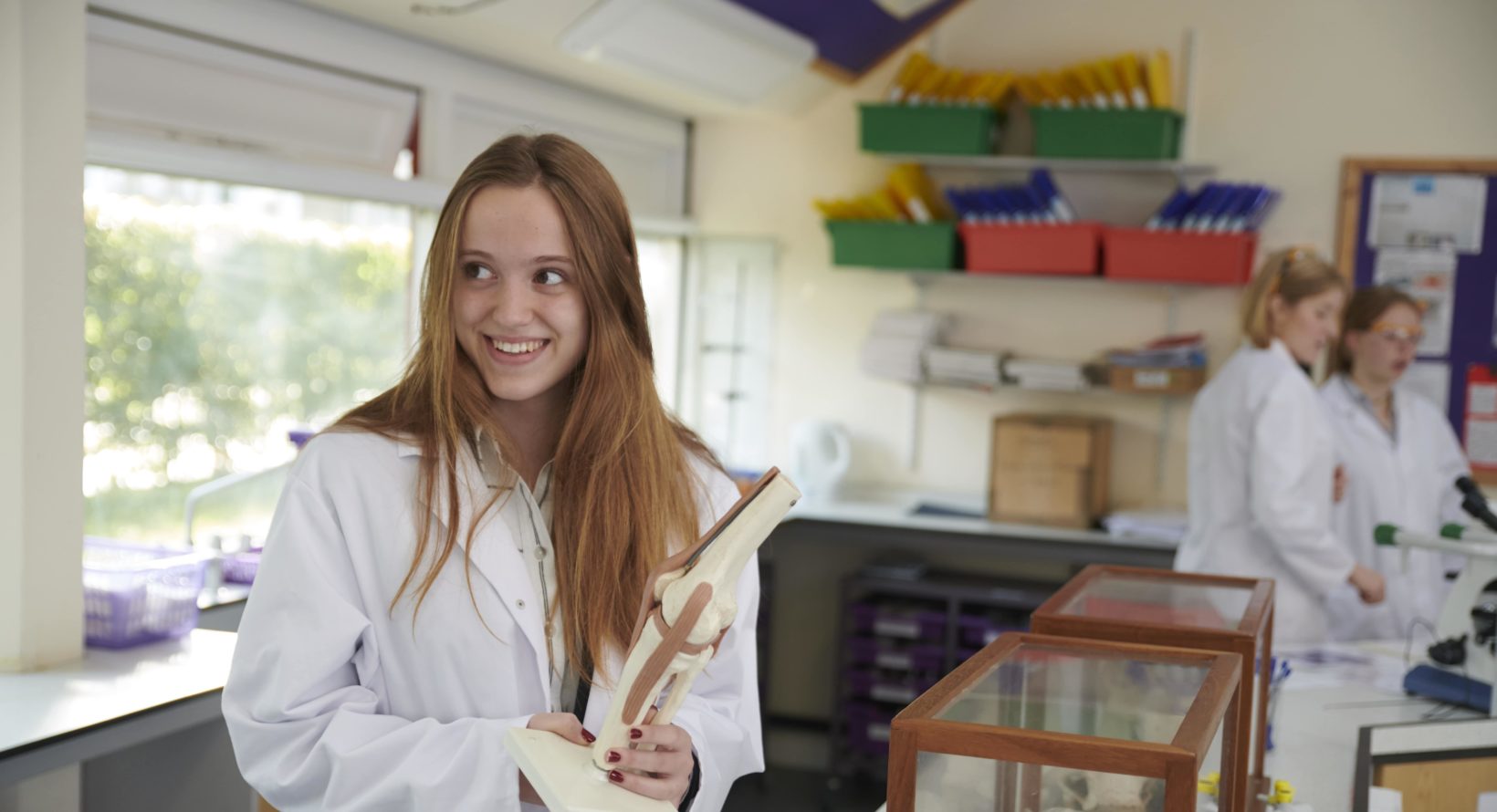
Where Biology could take you
Pupils who study Biology A-level find it helpful when making a strong application to a variety of university courses. Common destinations are Natural Sciences, Medicine and Biochemistry. Students from MCS go on to study Biology-related courses at leading universities, not only because our department helps them to get top grades in the exams, but also because the exciting discussions and wealth of opportunities that enrich their learning help them to shine when interviewed.
 MCS ranks among the top independent secondary schools, and in 2024 was awarded Independent School of the Year for our contribution to social mobility.
MCS ranks among the top independent secondary schools, and in 2024 was awarded Independent School of the Year for our contribution to social mobility.

 28 of our pupils achieved 10 or more 8 or 9 grades in 2024.
28 of our pupils achieved 10 or more 8 or 9 grades in 2024.
 In 2023-24, MCS received over £448,000 in donated funds.
In 2023-24, MCS received over £448,000 in donated funds.